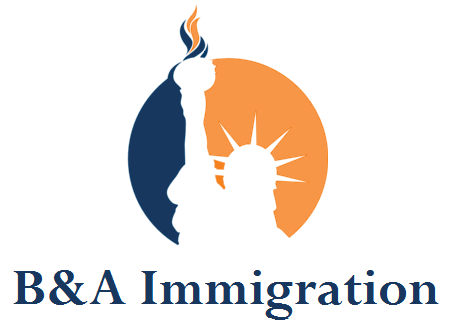What is an E-1 visa?
An E-1 treaty trader visa is a nonimmigrant visa which allows foreign nationals from treaty nations to enter the US and carry out substantial trade.
Is the United Kingdom a treaty nation?
Yes, the United Kingdom is an eligible nation for Treaty Trader status under the Convention to Regulate Commerce (Art. 1) entered into force between the United States and the United Kingdom on July 3, 1815. To see whether other nations are eligible for the E-1 visa, please refer to the State Department's current list of E-1 and E-2 treaty nations.
When you apply for an E-1 visa, what do you show on behalf of the treaty trader?
You must provide evidence that the treaty trader is entering the United States solely to carry on substantial trade which is international in scope and principally between the US and the foreign state of which he or she is a national. If you are entering as a key employee from the treaty country, you must show you are an executive, supervisor or person whose services are essential to the efficient operation of the enterprise.
How is trade defined?
Under 8 C.F.R. section 214.2(e)(9), 22 C.F.R. section 41.51(a)(7) trade is defined as “the existing international exchange of items of trade for consideration between the US and the treaty country.”
How is “substantial” trade defined?
Substantial trade is an amount of trade sufficient to ensure a continuous flow of international trade between the US and the treaty country. Please note that substantial trade cannot be based on a single transaction, regardless of how protracted or monetarily valuable the transaction may be. The volume of the trade is given greater weight than the value of the exchange but there is no listed minimum requirement for either.
What does “principally between the US and the treaty country” mean?
More than 50% of the total volume of international trade must be between the US and the treaty company. The domestic trade of the business is not counted in the calculation of “more than 50%.”
To speak with one of our experienced attorneys more about an E-1 treaty trader visa or other visa options, please email info@baimmigrationlaw.com or call (0)203 102 7966
